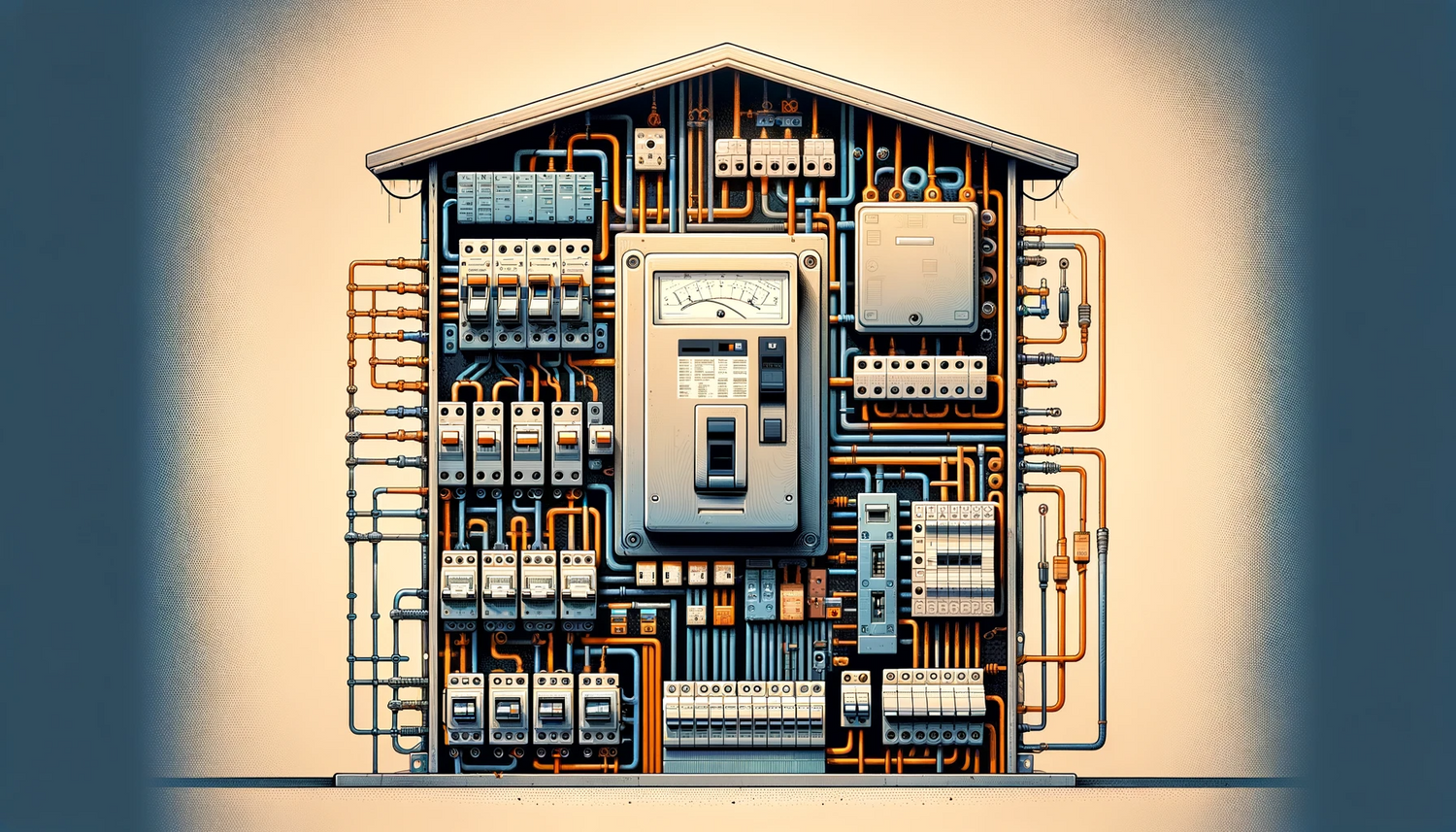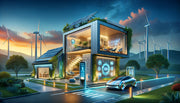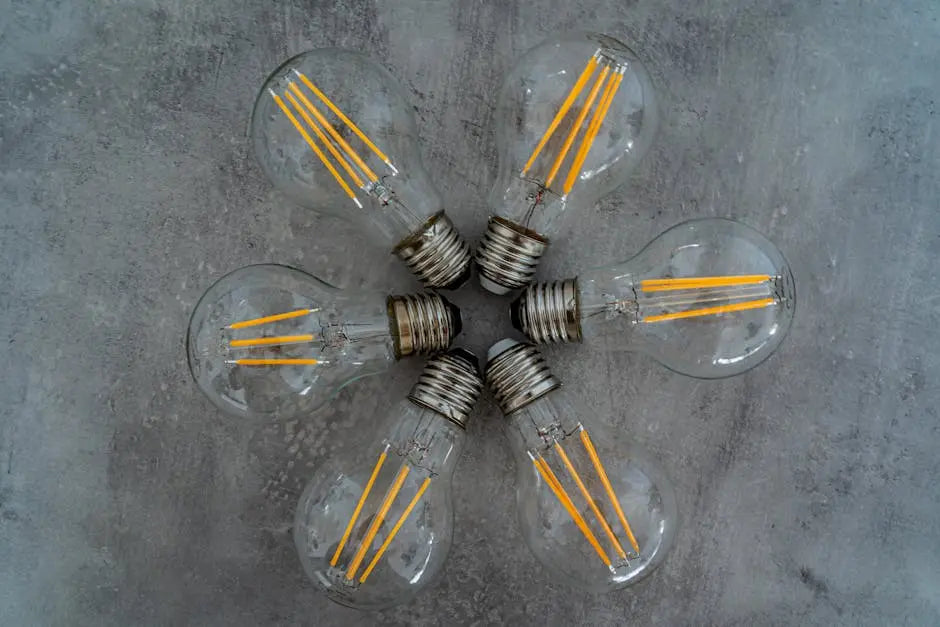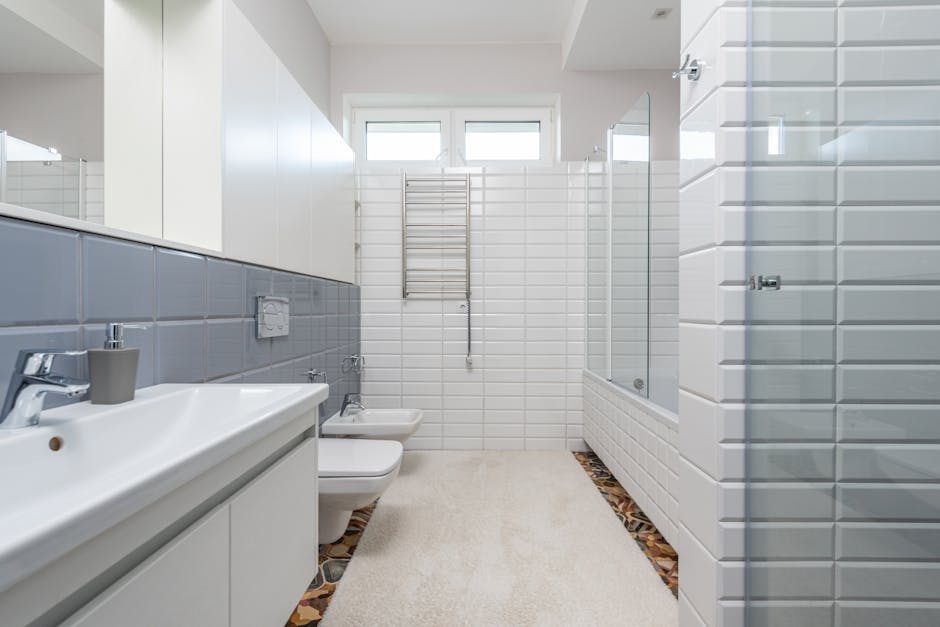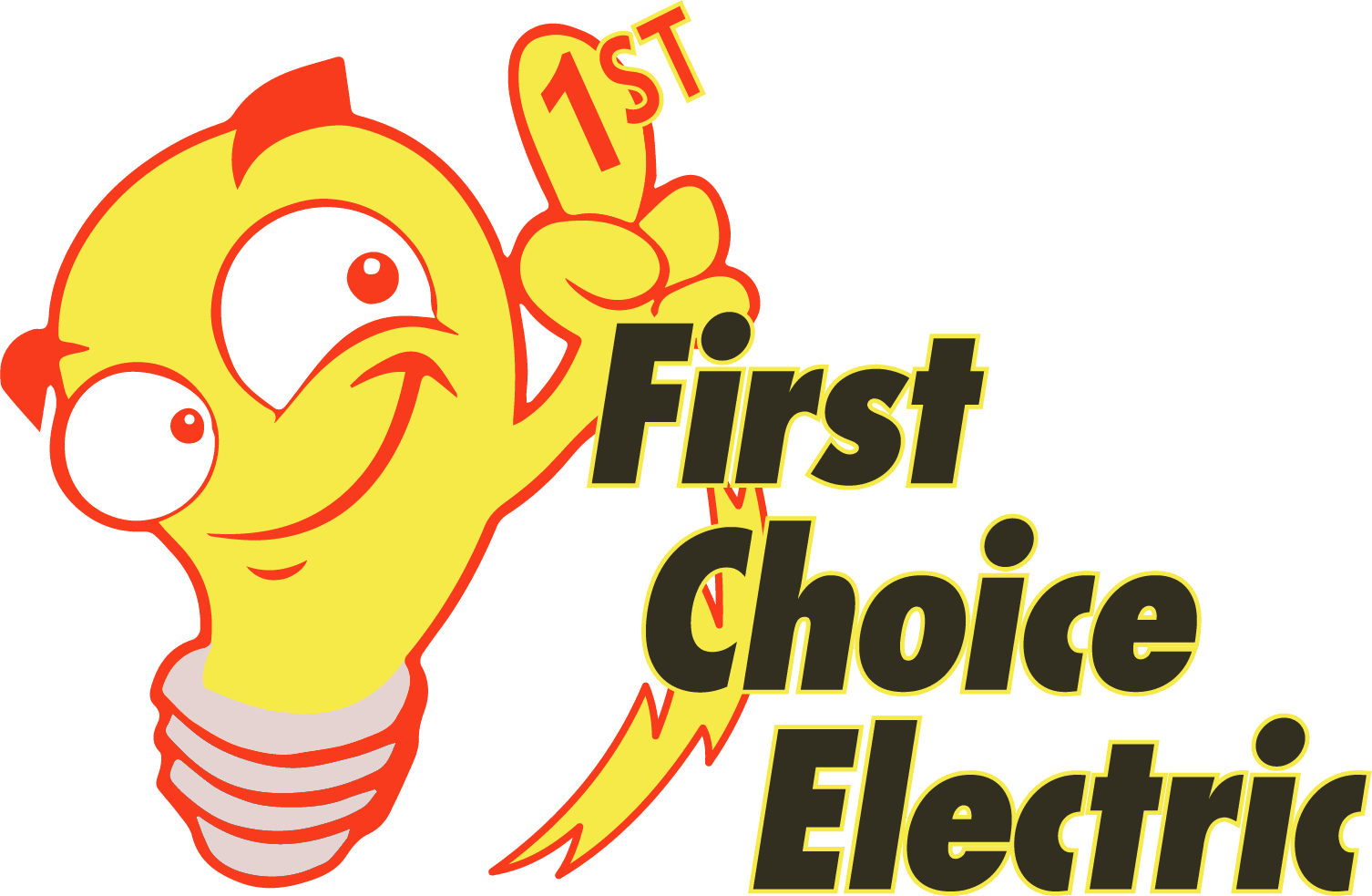Navigating the Essentials of Your Home's Electrical Panel
Introduction: The Epicenter of Your Home's Electrical System
Your home's electrical panel is more than just a metal box with switches and wires; it's the central command center for electricity distribution. Understanding its structure, function, and maintenance requirements is crucial for every homeowner. This comprehensive guide will delve into the critical aspects of electrical panels to help you manage and maintain your home's electrical system effectively.
Electrical Panel Fundamentals
At the core of your home's electrical system lies the electrical panel, often located in basements, garages, or utility rooms. This panel regulates the flow of electricity, distributing it across various circuits while providing a safety mechanism against electrical overloads.
Sizing and Capacity: The Heart of Your Electrical Needs
- Amp Capacity: The size of an electrical panel is determined by its amp capacity, typically ranging from 100 to 400 amps in residential settings. The right amp size for your home is dependent on your total electrical usage, factoring in all appliances, HVAC systems, and other electrical demands.
Components Unveiled: Understanding What's Inside
- Key Elements: Each electrical panel consists of essential components like the main breaker, circuit breakers or fuses, bus bars, neutral and ground bars. Understanding these elements is fundamental to grasping how your electrical system functions.
Electrical Panel and Your HVAC System
A crucial aspect of your home's electrical panel is its capacity to handle large appliances, especially air conditioning units. Overloading a panel with a high-demand HVAC system can lead to frequent tripping of breakers and potential safety hazards.
Safety and Accessibility: Panel Box Insights
Importance of the Panel Box
- Protection and Security: The panel box encases your breakers, protecting them from dust, debris, and accidental contact. It should be easily accessible and located in a dry, secure area of your home.
Choosing the Right Panel Box
- Safety Features: A good panel box should come with robust safety features like secure door latches and ample space for wire organization, ensuring safe operation and easy maintenance.
Maintenance: Circuit Breakers and Fuses
Regular maintenance of circuit breakers and fuses is critical to prevent electrical mishaps. Timely replacement and inspection can help in identifying potential electrical issues before they escalate into major problems.
Upkeep and Replacement
- Routine Checks: Conduct regular inspections of your breakers and fuses for signs of wear, overheating, or damage. Replace any components that show signs of malfunctioning.
Panel Upgrades: Keeping Up with Electrical Demands
With evolving technology and additional appliances, the demand on your electrical panel may increase. Upgrading your panel can ensure your home’s electrical system can handle this increased load safely.
Evaluating Upgrade Needs
- Signs of Necessity: If you experience frequent breaker trips, flickering lights, or have added major new appliances, it might be time to consider an upgrade.
Outdoor Panels: Special Requirements
Outdoor electrical panels require additional considerations for weatherproofing and security. It’s vital that these panels are robust enough to withstand environmental elements while maintaining easy accessibility.
Conclusion: Mastering Your Home's Electrical Command Center
Your home's electrical panel is a dynamic and essential component of your electrical system. Understanding its capacity, maintenance needs, and when to consider an upgrade can ensure the safety and efficiency of your home’s power supply.


